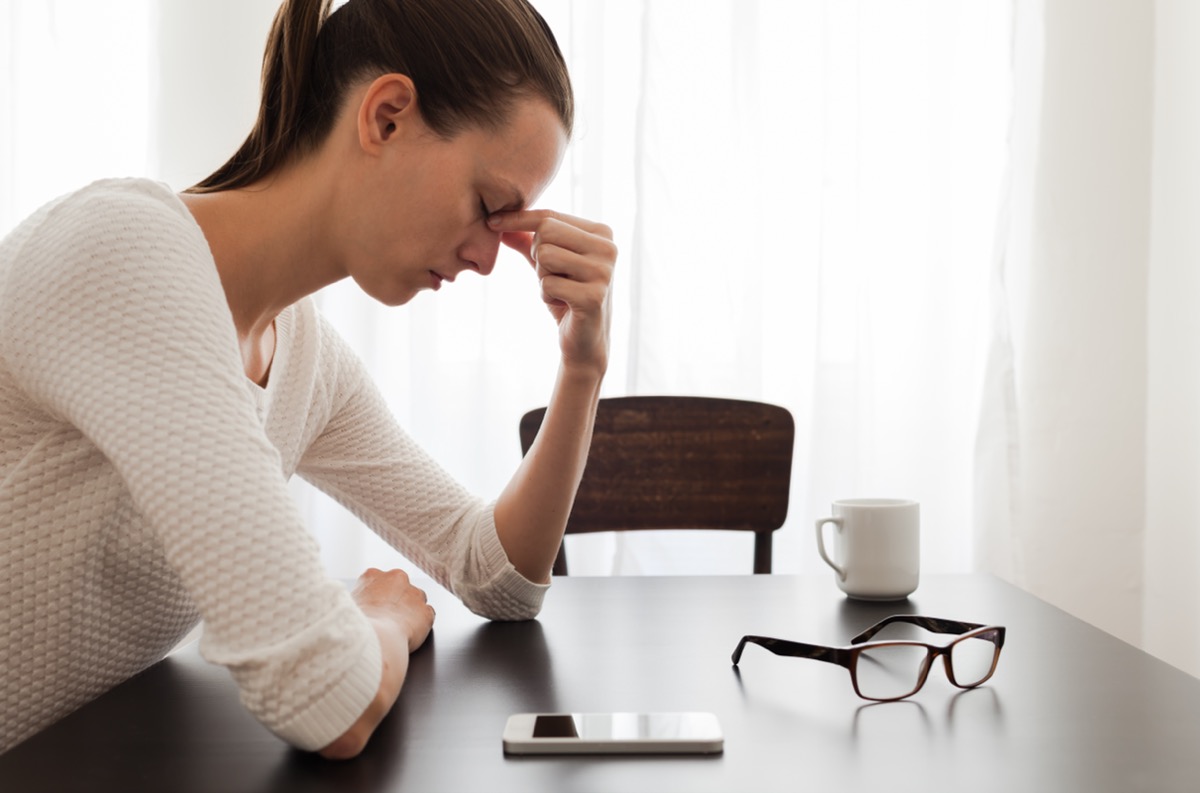Have you ever thought of how what life is going to be like after this pandemic? A life without restrictions, face masks, and in some countries, face shields. On March 11, 2020, the director-general, Dr. Tedros Adhanom Ghebreyesus of the World Health Organization (WHO), declared COVID-19 a global pandemic. That is the day when the world came to a halt, the day when we said goodbye to our daily sessions at the gym, coffee with friends, and those last full shows at your favorite cinemas.
These were the days when having symptoms of a common cold, dry cough, or fever was normal. You’d go to the doctor to get checked out and come home with some medication and get some much-needed rest. Today these symptoms raise a lot of alarms and catapult you into isolation.
Self-isolation can cause both mental and physical problems to manifest in the best of us. It can lead to depression and loneliness, which, if not appropriately addressed, can lead to short- and long-term health problems that shouldn’t go unnoticed and untreated. To avoid these, people nowadays are more aware of the importance of a healthy lifestyle and are more mindful of their food choices.
This pandemic has paved the way for more people to move health to the top of their priority list. We’ve seen some people affected by the virus share some of their experiences on their journey to recovery. Some of them who were perfectly healthy have shared that they have developed health issues as the virus attacked their immune system. Diabetes, high blood pressure, kidney issues were just some of the most commonly mentioned.
A simple headache or stomachache can now ring alarm bells and is taken more seriously as this can lead to serious illnesses if neglected. Since the pandemic, regular physician visits have been part of the norm for some workers, and companies are encouraging employees to get themselves checked more frequently. Here are just some of the most common tolls the pandemic has had on our physical and mental health.
Stress
Stress related to this pandemic can bring up a lot of health concerns, especially for adults. This can cause changes to your weight, sleep patterns, and even alcohol intake. Research tells us that more than 2 in 5 people are experiencing unintended weight gain averaging 29 pounds (with an average weight gain of 15 pounds).
On the other hand, 18% of Americans experienced unintentional weight loss averaging 26 pounds (with an average weight loss of 12 pounds). Showing the spectrum of adverse side effects, increased stress levels, and feelings of uneasiness can manifest in physical symptoms.
Weight gain
Substantial weight gain can result in a lengthy list of health risks. People who gain more than 11 pounds have a higher risk of acquiring Type II diabetes mellitus and coronary heart disease. In comparison, those who gained more than 24 pounds are at risk of ischemic stroke. Nutrition during the pandemic became a difficult task as trips to the stores became more and more infrequent. Foods with added preservatives became prevalent in homes as they had a longer shelf life.
Sleep and Alcohol

Sleep and increased alcohol consumption have affected 67% of Americans as they’ve experienced changes in their sleep patterns compared to before the pandemic. Just about 1 in 4 adults are also drinking more alcohol during this pandemic. This increase can cause alarming diseases like GERD (Gastroesophageal Reflux Disease) and liver problems. More research centers have now launched GERD clinical tests to get to the bottom of the problem and how best to treat it.
Amidst all this, it’s our responsibility to keep ourselves mentally and physically fit. We should be capable of adapting and identifying the harmful habits that we’ve developed and how best to change and avoid them. We should also be more cautious with our food and establish more control when drinking alcoholic beverages. Closely observing how you feel after these activities will tell what your body needs from you.
Staying at home also allowed some of us to let out the chef inside us. Cooking your own meals and sticking to a healthy balanced diet can help you lose those pounds you gained during the lockdown and get you back to a healthier you. Establish a schedule for your physical activities to keep yourself accountable. You can invest in gym equipment you can use at home to start getting back into shape.
Outside exercises that observe health and safety protocols are also a great idea. Biking, running, jogging and hiking are just some examples of great outdoor activities to get some fresh air and start moving again after being stuck at home for the better part of a year.
A change in behavior and making your objectives more certain and achievable also helps with your mental health. Find a partner who can challenge you and will make you feel responsible for the decisions you make. Stay close to your family that will help monitor your progress and keep you aligned with your goals.

